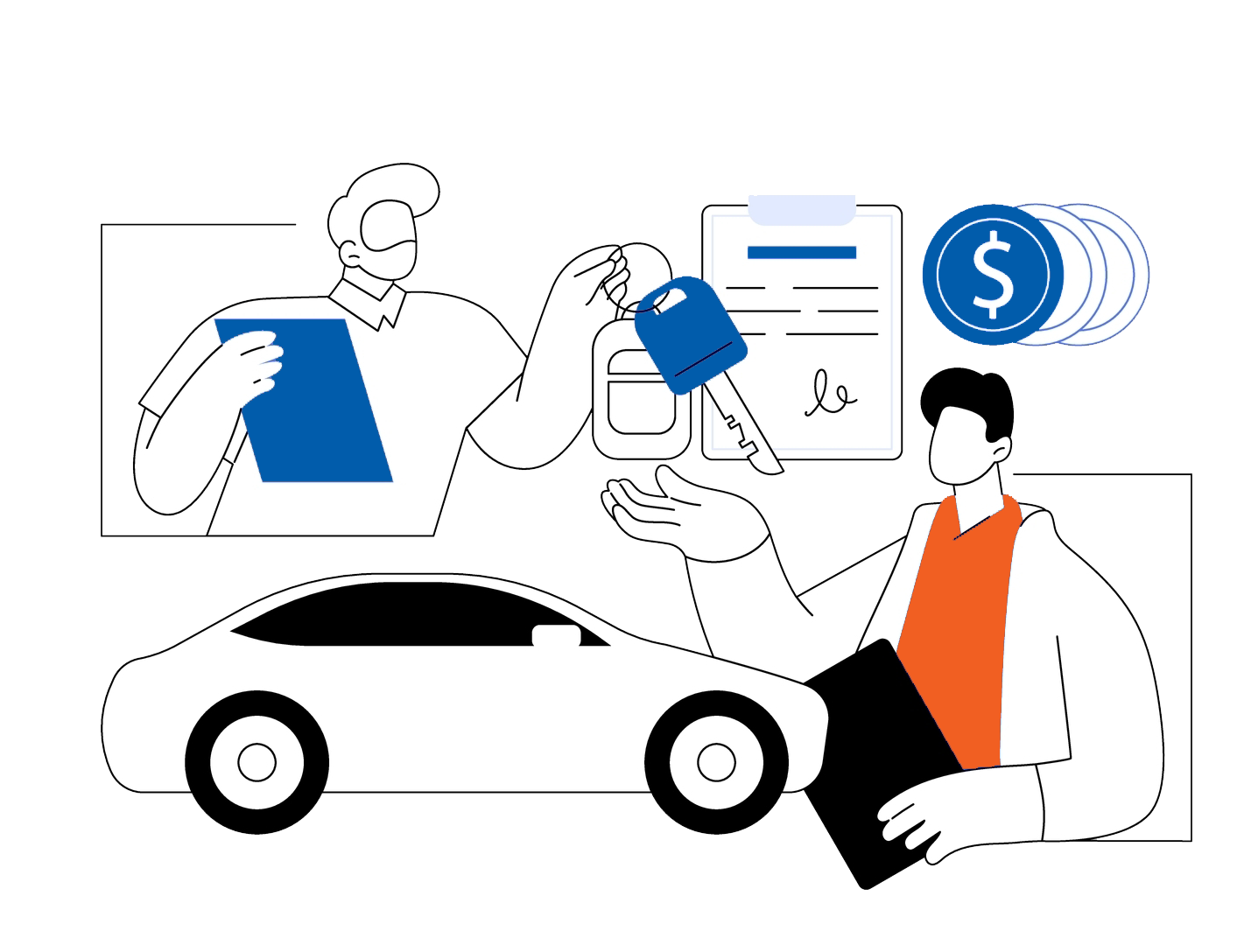Let us know who you are
Understanding your position is crucial. Regularly monitor your score and take the necessary steps to maintain its strength. Your score significantly influences your capacity to access the funds essential for leading a financially empowered life.
Auto Loans

Auto loans enable individuals to affordably purchase vehicles by spreading the cost over time. They are a common method of financing for both new and used vehicle purchases.
- Pull your credit before going car shopping to set expectations of loans you may be able to receive.
- The repayment period for auto loans can vary, offering flexibility with options ranging from 36 to 72 months.
- Adhering to the payment schedule not only prevents the lender from reporting late payments but also mitigates the risk of potential repercussions, such as repossession
Credit Cards

Credit cards are financial instruments that allow users to borrow funds from a line of credit for purchases, with the obligation to repay the borrowed amount along with any accrued interest within a specified period.
- Balances can be revolved to next month, but interest is accrued on revolved balance.
- Paying as agreed will help you to avoid any late payment reporting and also to avoid any potential actions due to default, such as charge-offs, collection actions, and lawsuits.
- It's best practice to keep your card balances below 30% of available credit
Student Loans

A student loan is a type of financial aid specifically designed to help students pay for higher education expenses, typically with repayment starting after the student completes their education or ceases to be enrolled.
- Most federal student loans require a co-signer.
- It's smart to refinance your student loan, if possible, to take advantage of lower interest rates and other consolidation options.
- Depending on the loan type, borrowers may be eligible to write off some of the interest paid on student loans.
Mortgages

A mortgage is a loan specifically used to finance the purchase of real estate, with the property itself serving as collateral for the loan.
- Applicants can enlist the services of mortgage brokers, facilitating access to a range of loan options from various lenders.
- Refinancing your loan every few years can help keep your interest rate low, helping reduce mortgage payments.
- Borrowers can borrow against the unencumbered value of their homes called “equity.”
Leases

A lease is a contractual agreement where one party (the lessee) agrees to pay the owner (the lessor) for the use of an asset for a specified period, typically in exchange for regular payments.
- The security deposit required for any lease you enter is determined by your credit history.
- Non-payment of rent can result in eviction and collection actions.
- Lease payments generally do not appear on credit reports, although there are some services that will credit report your rent for a fee.
Phone Payments

A service offered by companies for a cellular phone service. A monthly payment is normally required to cover service usage, fixed monthly fees, and hardware.
- Late payments can result in interruption of service, default, and collection actions, so make payments in a timely fashion.
- Phone payments are rarely reported to credit agencies, but some companies will put it on your credit report for a fee.
- Payment in full is required each month and no interest is charged for mobile devices.
Utilities

Essential utilities such as electricity, water, maintenance, natural gas, and more, are commonly associated with residential, commercial, or industrial properties.
- The security deposit required for a utility put in your name is determined by your credit history.
- Utilities are rarely reported to credit companies, however, if you default, this will reflect on your credit report negatively.
- Non-payment of utilities can result in discontinuation of services and collection actions.
